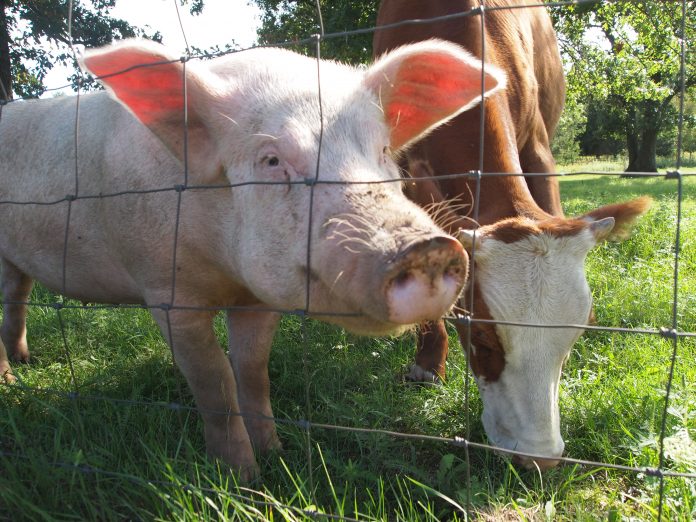By NOEL MURPHY
A NEW agri-business sector on the edge of Geelong could generate almost 800 jobs and inject up to half a billion dollars a year into the regional economy.
A $12 million pipeline is set to water a 4000-hectare agricultural precinct at Lethbridge for about 20 new intensive agri-businesses, according to governmental authorities.
They expect investment in the precinct of $160 million to create 775 jobs, with another 45 during the pipeline’s construction, and $516 million in revenue over 10 years.
Work is set to start in the next few weeks following funding approval from state, federal and local governments and Barwon Water.
The project, Golden Plains Food Production and Employment Precinct, aims to be fully operational in 10 years.
The precinct could become a significant economic driver as key players in the region’s $10 billion manufacturing sector closing or face closure.
The additional food production could also dovetail with long-running plans to export produce in the underbellies of international planes flying out of Avalon Airport.
Golden Plains Shire Mayor Jenny Blake was “absolutely over the moon” after Regional Development Australia Fund provided the final contribution needed for the 12.5km pipeline.
“This project is all about food production and local jobs,” Cr Blake said.
“The funding will provide an enormous boost to the local economy.”
Corangamite MP Darren Cheeseman said the precinct promised jobs in transport and logistics, food processing, construction and light manufacturing as well as on farms.
Mr Cheeseman said work on the pipeline would start “in the next few weeks”.
“With access to potable water, farmers in this region can invest in the future and build the significant agriculture industry north of Geelong.”
G21 Geelong Region Alliance said the project was of local, regional and state significance, helping the shift in jobs and earnings from declining industries to growing, more-sustainable industries.
Produce king Frank Costa recently called for greater government support to the horticultural sector, arguing it was more important than helping car manufacturers.
Australian Farm Institute executive director Mick Keogh recently highlighted a need for overseas consumers to become familiar with Australia’s produce and its quality in order to improve exports.







